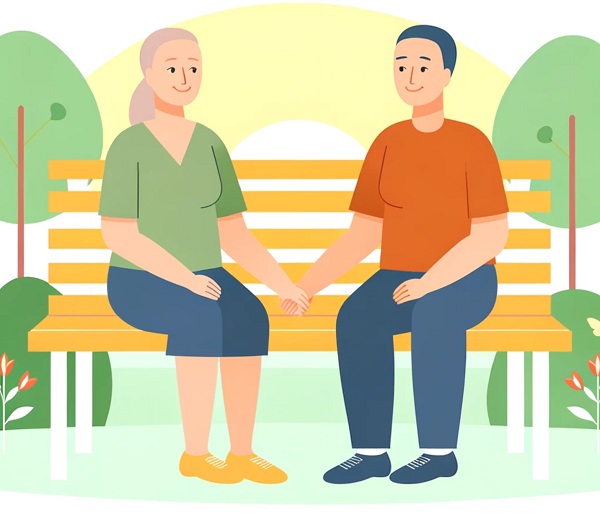Even with myself, when I was first diagnosed as having BPD I had to question how on earth I ended up suffering from BPD in the first place! Just before things started to go downhill for me I had a family, a nice job and very little worries. But working with my therapist I soon discovered (as many others do) that I have been suffering from BPD all along. It wasn’t a new thing and it wasn’t something that snuck up on me. For this post, I will go over the main reasons why people end up with BPD and why it is still mostly up for debate…
How Did I Get BPD?
In psychology circles all over the world, that question is still up for debate. Sure, there are some main developmental factors like childhood trauma or sexual or emotional trauma growing up, but it is mostly down to a combination of both genetic and environmental factors. What that means is that it could be something that runs in the family and you should ask your close family if there are any of the main symptoms of BPD that run in your family line. The other ‘environmental factors’ means things around you and in your life that could affect you in other ways. In short, it could be genetics, past experiences, chemical responses, there is no one definite answer but rather many contributing factors.
In a recent study done by American psychologists, they discovered that even something as small as a variation in a gene that controls the way the brain uses serotonin (a natural chemical in the brain) may also cause people to have BPD. One other study even found that monkeys with that said serotonin gene variation did indeed develop symptoms that looked similar to BPD. But the main symptoms only occurred when they were taken from their mothers and raised in less nurturing environments. Oddly those said monkeys with the gene variation who were raised by nurturing mothers instead were much less likely to develop BPD!
As you can see the debate is still ongoing, but it is an interesting thing to follow as new possible reasons and links are discovered. If you have any other questions relating to BPD or would just like some advice on the disorder do get in touch with us via the contact us page. It’s easy to do, we are both responsive and confidential, plus we never save any of your details in any way.




Could you get it from 7 years of your adult life dealing with a possibly bpd/narcissistic person abusing you?
Mt childhood had gaps but we were never abused. Mom shows sone bpd signs but I was living in a very traumatic time a couple years ago
You can indeed get it from that early on. With family members having it as well you have an even higher chance of getting it. If you have any doubts do try seeking a professional diagnosis.
Fascinating to read that the monkeys that were taken from their mothers were the ones to exhibit the most bpd signs. Just like those children who were adopted and who grew up to be adults with adoptee adaption personality. This is how adoptees function imho. Thanks for raising awareness.
Indeed it was, maybe that will make it into your book. Either way, thank you for the comment and good luck with the book.
It probably will. Is the reference for it on your site? Or do you have it handy? Blessings J x
No, not this site, it is this one the reference should goto – https://www.psychologicalscience.org/publications/observer/obsonline/harlows-classic-studies-revealed-the-importance-of-maternal-contact.html – its an interesting read that is for sure.
Ah yes I recall it now. This confuses the issue imho. I would like to see how monkeys would behave if taken from their own mother’s and given to another monkey mother. Would the new mother accept it. Would the baby monkey exhibit the same behaviours. Generally a baby relinquished by it’s mother at birth for adoption is at least given to another flesh and blood person, not a wire mesh of foam & cloth. How they fail to see the effect of taking the monkey from it’s mother in the first place had. Wonder if they ever compared 2 groups. I doubt it. Thank you J x